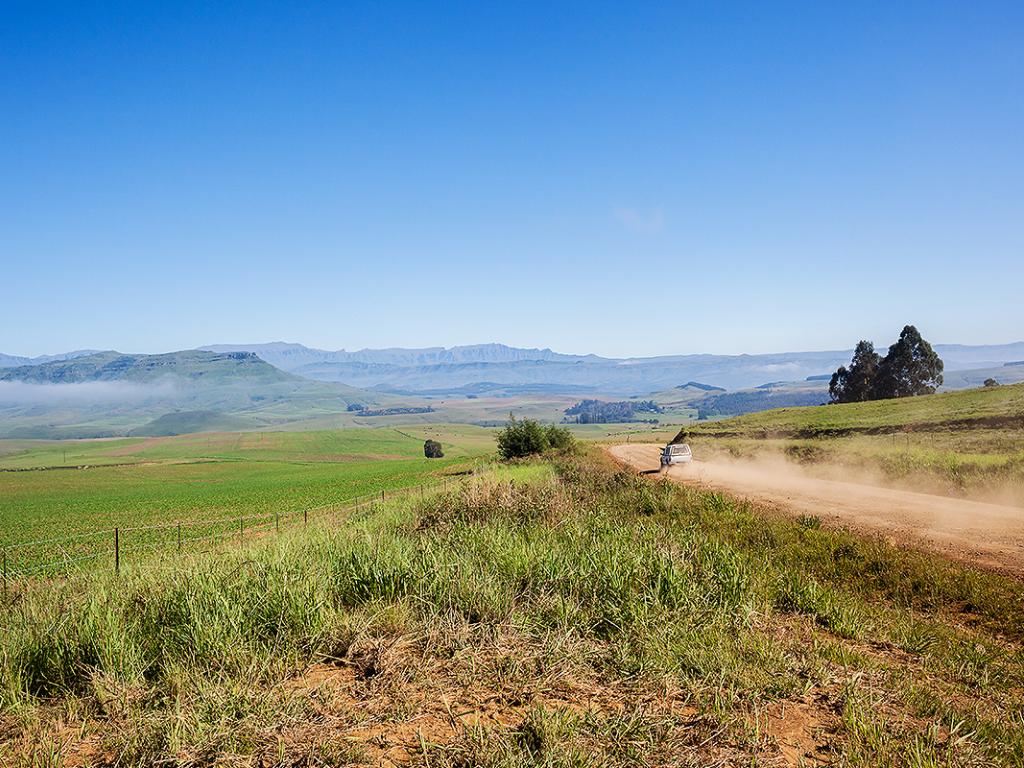Ripple effects: A fresh look at how taking out freshwater affects our world and how smart policies can soften the blow – insights from a new study

In a time characterised by escalating scarcity of freshwater, a pressing global issue, researchers from the Water and Production Economics (WPE) unit at the University of Cape Town (UCT) have undertaken pioneering research. Their recent study, published in Environmental and Resource Economics, introduces a dynamic economic optimisation model aimed at addressing the pressing challenges of groundwater over-extraction and its consequential environmental externalities, notably land subsidence (LS). By leveraging South African data, this research highlights the often overlooked impact of LS – the gradual sinking of ground surfaces, which results in the diminished storage capacity of aquifer systems.
The study evaluates various policy instruments, including taxes and quota systems, to address the overexploitation. Findings indicate that taxes on water extraction significantly impact groundwater withdrawals and water table levels, ultimately providing more extensive social welfare benefits. Interestingly, the research suggests that, under certain conditions, quotas can be more beneficial for supporting short-term groundwater conservation practices.
This groundbreaking work not only contributes valuable insights into sustainable water management strategies but also underscores the importance of comprehensive economic models in informing and guiding policy reforms. With its practical implications for water management officials not only in South Africa but globally, this study paves the way for more informed, efficient, and sustainable groundwater utilisation practices.
Read full article: Land subsidence impacts and optimal groundwater management in South Africa (2024), in: Environmental and Resource Economics. The article includes the detailed methodology and findings; the authors also made available the article appendix, containing the used equations.
Authors: Nelson N. Ndahangwapo, Djiby R. Thiam and Ariel Dinar.
The Environmental and Resource Economics journal is the official publication of the European Association of Environmental and Resource Economists (EAARE) and a leading platform for publishing pioneering research in the field.
